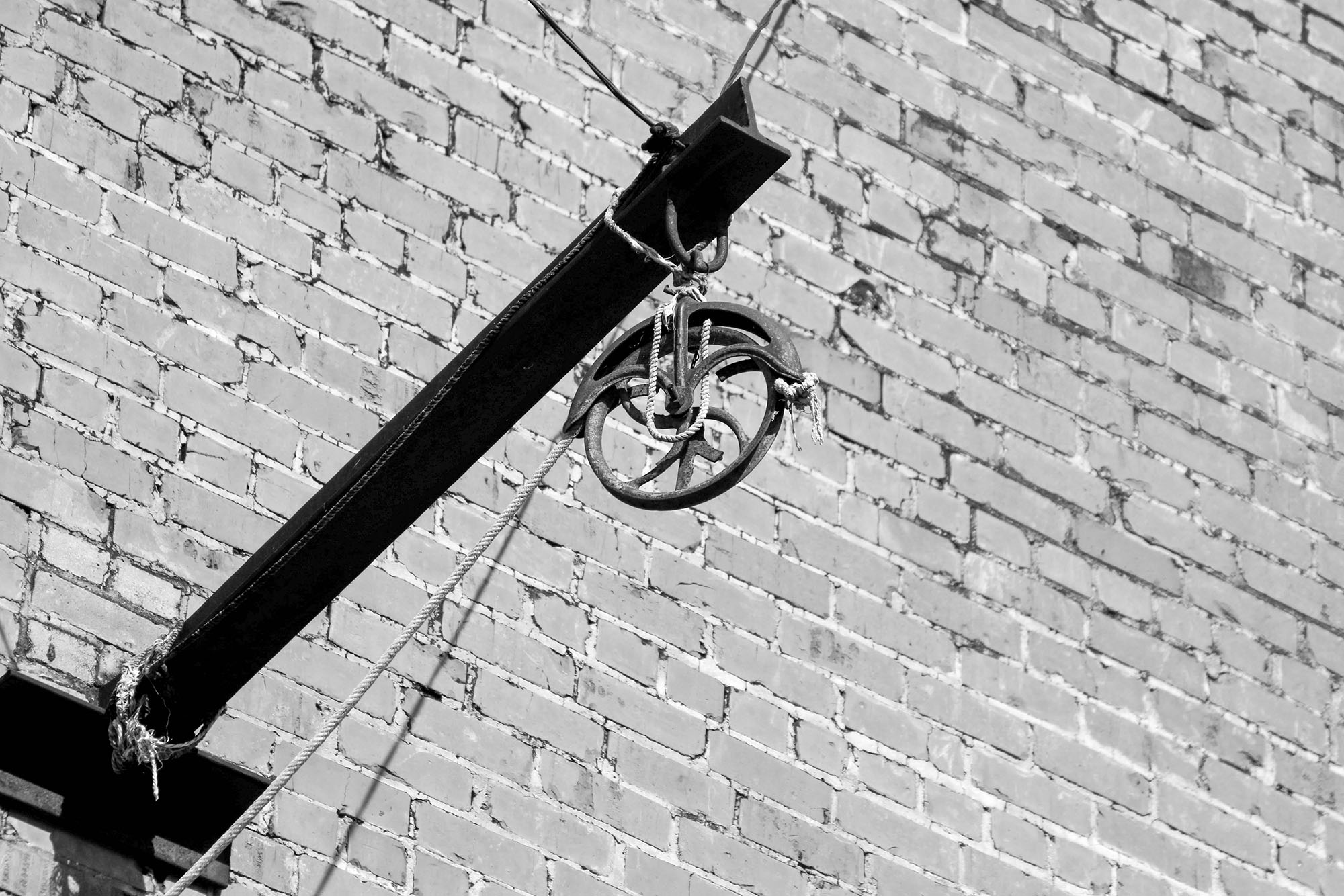
Dallas-Fort Worth is recognized as one of the nation's top home markets in 2024 by the National Association of Realtors. It is a prime spot for rental property investment. With high demand comes heightened responsibilities, especially in lease enforcement.
From staying compliant with Texas's rental laws to creating detailed lease agreements, effective property management in this fast-growing area requires proactive measures. As a rental property owner, understanding these enforcement essentials is key to protecting your property and keeping tenants accountable. Dive into our guide to discover how to enforce your lease effectively and set your DFW property up for long-term success.
1. Stay up to Date on Local and State Laws
Landlords must stay up to date on Texas landlord-tenant law. That way, a landlord doesn't unknowingly include lease terms that are not legally enforceable. A landlord also does not want to violate the law when practicing lease enforcement.
For example, the lease could state that no pets are allowed. Then, a tenant may get a service dog, which is not considered a pet. If a landlord tries to take lease enforcement action against the tenant, they could find themselves in legal trouble.
2. Create Comprehensive Lease Agreements
Landlords need detailed leases to protect their investment property. A vague lease leaves room for interpretation, making lease enforcement harder. To have a detailed lease, consider speaking with a landlord-tenant attorney who can draft a lease agreement for you.
3. Maintain Consistent Communication
The best approach is to have open communication with the tenants. Often, tenants do not know they have violated the lease. A short notice or conversation can clear up the issue.
If an informal approach does not address the lease violation, take steps to document the situation. Notify the tenant in writing and include all important information.
- The violating tenant action
- The lease term in question
- Steps required to correct the issue
- Deadline to correct the violation
- Potential consequences of inaction
4. Perform Property Inspections
Routine rental property inspections are a must for identifying lease violations. If a landlord does not want to perform the inspections, they can hire a full-service property manager.
This professional can handle the day-to-day management of the rental property. They can also perform lease enforcement duties.
5. Enforce Consequences for Lease Violations
If a lease defines the consequences for a lease violation, a landlord should enforce them. Holding a tenant accountable for a violation reduces the risk of future violations.
For example, if a lease includes an additional fee for late rent, the landlord should charge the tenant the fee. That way, the tenant will be less likely to be late again.
Practice Effective Lease Enforcement
Lease enforcement is essential for any rental property owner looking to safeguard their investment. It ensures tenant compliance and keeps your property running smoothly. From comprehensive lease drafting to consistent follow-through on tenant compliance, the proper management strategies make a difference.
At 1st Choice Property Management, our expertise goes beyond basic property management. We deliver hands-on, attentive service tailored to the unique demands of the DFW market. With our support, enforcing lease terms becomes one less worry.
Reach out today to learn how we can help enforce your lease and elevate your property management experience.













